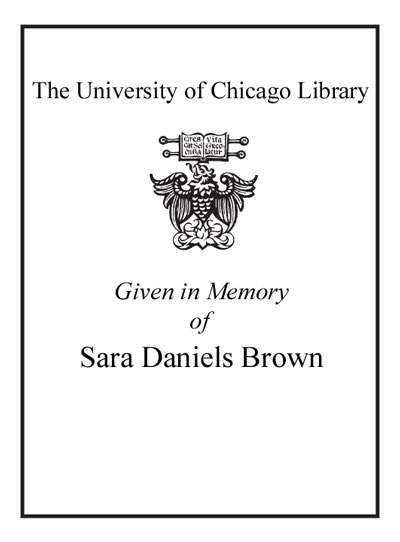Review by Booklist Review
Motherless, his father the mentally challenged Fred, Albert is raised in an orphanage. Now 19, he returns home to the gentle, childlike Fred, who has been given only five months to live. With time the enemy, the two begin an urgent quest for the past, for meaning, and for the mother Albert has never known. In the meantime, the story flashes back to the year 1912 and a forbidden love that will have deep-rooted ramifications. The two stories then proceed in alternate sections, gradually growing closer together until they merge in a denouement that is both surprising and bittersweet. Kloeble's third novel and first to be published in English, this is a beautifully realized, cleverly plotted story of an unconventional family and what its members call their most beloved possessions. Filled as it is with memorable characters about whom readers will care immensely, the story is absorbing throughout and deeply satisfying. When something pleases Fred, he says it is ambrosial; one suspects that is exactly how readers will feel about Almost Everything Very Fast.--Cart, Michael Copyright 2015 Booklist
From Booklist, Copyright (c) American Library Association. Used with permission.
Review by Publisher's Weekly Review
Kloeble's U.S. debut is a disturbing, ultimately moving novel about a young man trying to discover who his mother is, with flashbacks to men and women directly or indirectly contributing to his heritage. At 19, Albert Driajes leaves Saint Helena orphanage in Bavaria, where he has grown up under the rigorous supervision of Sister Alfonsa. Albert returns to Königsdorf to be with the only parent he has ever known, Fred Driajes, whose mental impairment contrasts sharply with Albert's intellect. Fred expresses joy by saying ambrosial and conveys his awareness he is dying by holding up five fingers, the number of months he has left to live. While looking after Fred, Albert uncovers little he understands about the past, until Sister Alfonsa draws him back to Saint Helena promising she will at last reveal all. Narratives from Albert's perspective, Fred's, and a mysterious, unrepentant 80-year-old confined to a nursing home include stories of rape, incest, murder, arson, bullying, and betrayal dating back to pre-World War I Germany, converging in a Bavarian town where villagers follow a 400-year-old tradition of renouncing their most beloved possession. Abandonment is one of several themes Kloeble interweaves into this exploration of the nature of family and community, connection and disconnection. Ominous imagery (the skull from a breeding experiment, Hansel and Gretel's trail of crumbs) and the mix of unbelievable reality with credible lies compel readers to work alongside Albert to unravel the truth. Kloeble's cinematic vision and vivid storytelling encompass a range of human emotion and iniquity. (Feb.) © Copyright PWxyz, LLC. All rights reserved.
(c) Copyright PWxyz, LLC. All rights reserved
Review by Kirkus Book Review
A young man sets out with his disabled father to learn the truth about his heritage. This is German novelist Kloeble's third novel and his first to reach English readers via this translation by Kerner. The story's protagonist is Albert, a 19-year-old who was raised in a Bavarian orphanage due to the mental incapacities of his much older father, Fred. When Albert discovers Fred is dying, he takes the old man and sets off on a fairy tale-like adventure to find his real mother. The story turns dark when Kloeble rockets readers back more than 100 years to explore the history of Albert's family. Beginning in 1912, the author spins out the story of Josfer and Jasfe, two attractive siblings who can't resist doing the wild thing and producing kids, not to mention that little hunting trip where Josfer kills his father to make things easier on the domestic front. This familial thread picks up again in 1924 with the story of Julius Habom, one of the siblings' offspring, who has a similarly tumultuous relationship with his own sister. Albert's family tree might be a bit arcane but it is patently clear Kloeble is trying to upend the conventions of fables and modern notions about parenthood. "Hansel and Gretel crumbs," Albert says. "You follow them because you think they're going to help you get out of the forest. And all they do is lead you deeper and deeper in. Till you can't tell the day from the night anymore. Then, all of a sudden, the trail ends. "In the end, it's hard to tell whether it's the preposterous story or Kloeble's sentimental style that derails the book. Nevertheless, all but the most adventurous readers are likely to be repelled by this whimsical coming-of-age story liberally seeded with incest and murder. A grotesque and puerile reimagining of German folklore. Copyright Kirkus Reviews, used with permission.
Copyright (c) Kirkus Reviews, used with permission.
Review by Booklist Review
Review by Publisher's Weekly Review
Review by Kirkus Book Review

